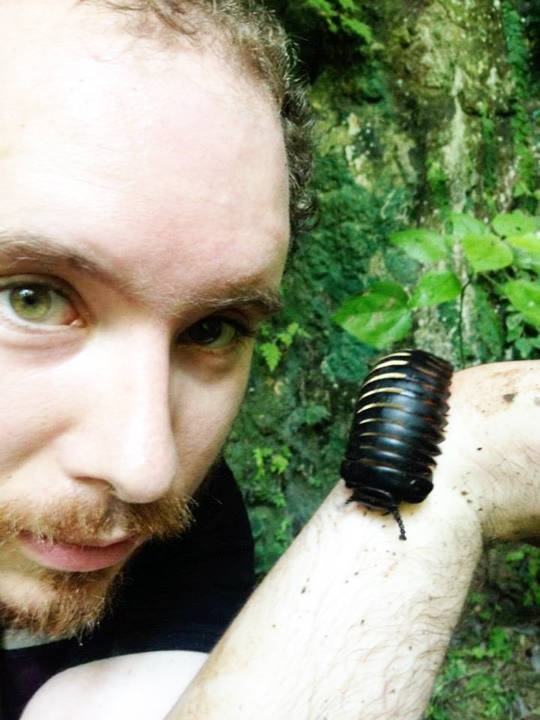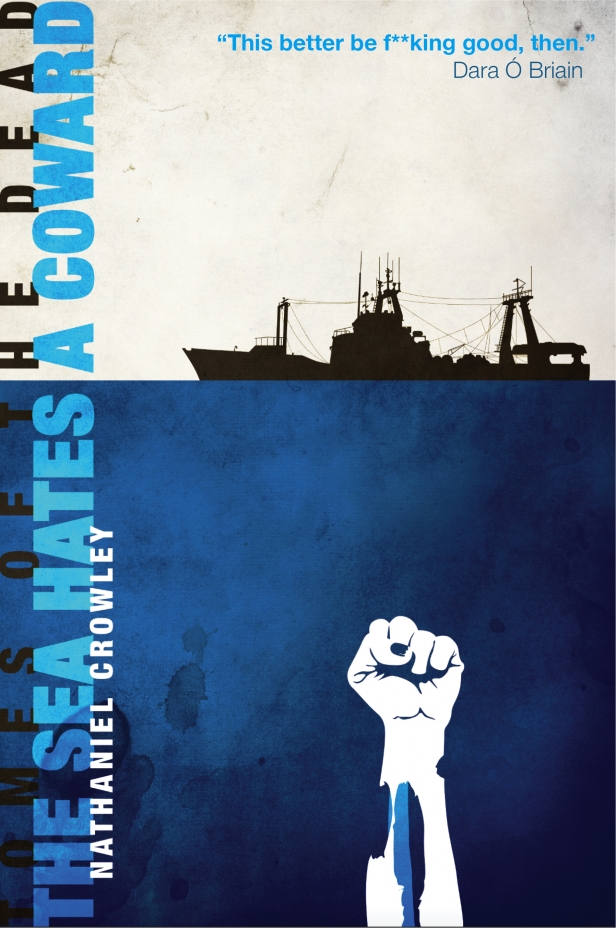Does the world really need another whalecore dieselpunk zombie rebellion story?
When they said they wanted me to write a zombie book, I panicked a bit.
This book being my first book, and ‘they’ being Abaddon, the publisher which had kindly taken the weighty gamble of offering me a book deal based on a spiralling twitter nightmare, there was no way I was going to say no.
But I did panic a bit, all the same.
Because specifically, Abaddon had asked for something that wasn’t a typical zombie story.
You see, I’d been really into zombies around the time they became a big deal in the early 2000s – when the Max Brooks book came out, the walking dead comics started and a string of great movies got made.
I followed everything that came out, and couldn’t get enough of the formula. The genre really felt like it was opening up, and I remember thinking at the time how much I’d love to write a zombie story.
Now, ten years later, I finally had the chance – but the field had become a lot more crowded. After a decade as mainstream entertainment, zombies were no longer a novelty in themselves, and an astonishing array of subgenres had sprung up around them.
Think of pretty much any modifier for the basic premise of zombies, and it’s been done, often really well.
How would I put up my umbrella on this beach without accidentally putting it in someone’s bum? How would I navigate this crowded pub without spilling lager on a cockney’s shoes?
The panic lasted around eight minutes, and then I got excited – after all, the most interesting ideas often happen when your easy options are all blocked off. Rather than thinking what filter I could put on the theme of generic zombies, I decided to have a think about settings, and see where the living dead might fit into them.
The setting that stuck with me was one I’d thought up a while ago: a half-terraformed ocean world where, despite the collapse of spacefaring civilisation, boats are still able to travel from old Earth via an ancient wormhole set at sea level. The place would be like the South Pacific to 19th century whalers, or the grand banks fisheries to early trawlers – infinite, inexhaustible, a never-ending supply of food.
Nevertheless, being an aborted terraforming project, and having been seeded with goodness knows what during the interstellar past, the place would be a deathworld – a storm-lashed hell of grey water, swarming with huge and terrible creatures.
One of the problems I had with this setting was how unrelentingly grim it was; surely the danger and the despair of a place like that would be too much for even the bravest fishers to face?
Zombies, of course, were the perfect solution. Why not have the dead do the work, and worse, as a dreadful epilogue to capital punishment? Zombies made the idea come to life: the story would be set aboard an enormous slave ship, a floating factory tasked with feeding a distant city – and manned by that city’s executed dead. I was pretty sure nobody had done that before.

Of course, my zombies break almost all the Romero/Brooks canon rules I would have held sacred back in the early 2000s. They’re not infectious, for a start – they’re created by a civic department from executed prisoners. And they’re not entirely mindless, either: given the right stimulus they can perform fairly complex tasks, access memories, and even speak. In fact, they’re not even very aggressive – they’re too miserable for that.
The one way in which my zombies are traditional (other than, you know, being falling-apart dead people), and the aspect of them I really wanted to focus on, is their weirdly sympathetic nature.
Because in almost all zombie fiction, even when the undead are an existential threat to civilisation, they are inherently pitiable. They are victims, and on some level we feel sorry for them. Look at poor Bub in Day of the Dead – in breaking from the norm of mindless hunger, he becomes something nearly human and all the more tragic for it.
In The Sea Hates a Coward, I decided to take things further and make my zombies not just victims of their own condition, but of a cruel power that has created and exploited them. It’s a logical step to take – as the ending of Shaun of the Dead suggested, the first thing we would do upon surviving an outbreak of zombies would be to put them to work.
So, rather than tell a story where we root for the living as they struggle against a mindless onslaught of corpses, I wanted to tell one about the dead, having a really shit time at the hands of the living. In a setting that is pretty much a totem of despair, I wanted to tell a story about people determined to make the most of things.
When the moaning and the biting starts, I hope you find yourself cheering for the dead guys.
The Sea Hates A Coward is available now from Abbadon Books. You can buy it for £2.99 at Amazon.co.uk. Keep up with the latest genre news with the new issue of SciFiNow.
